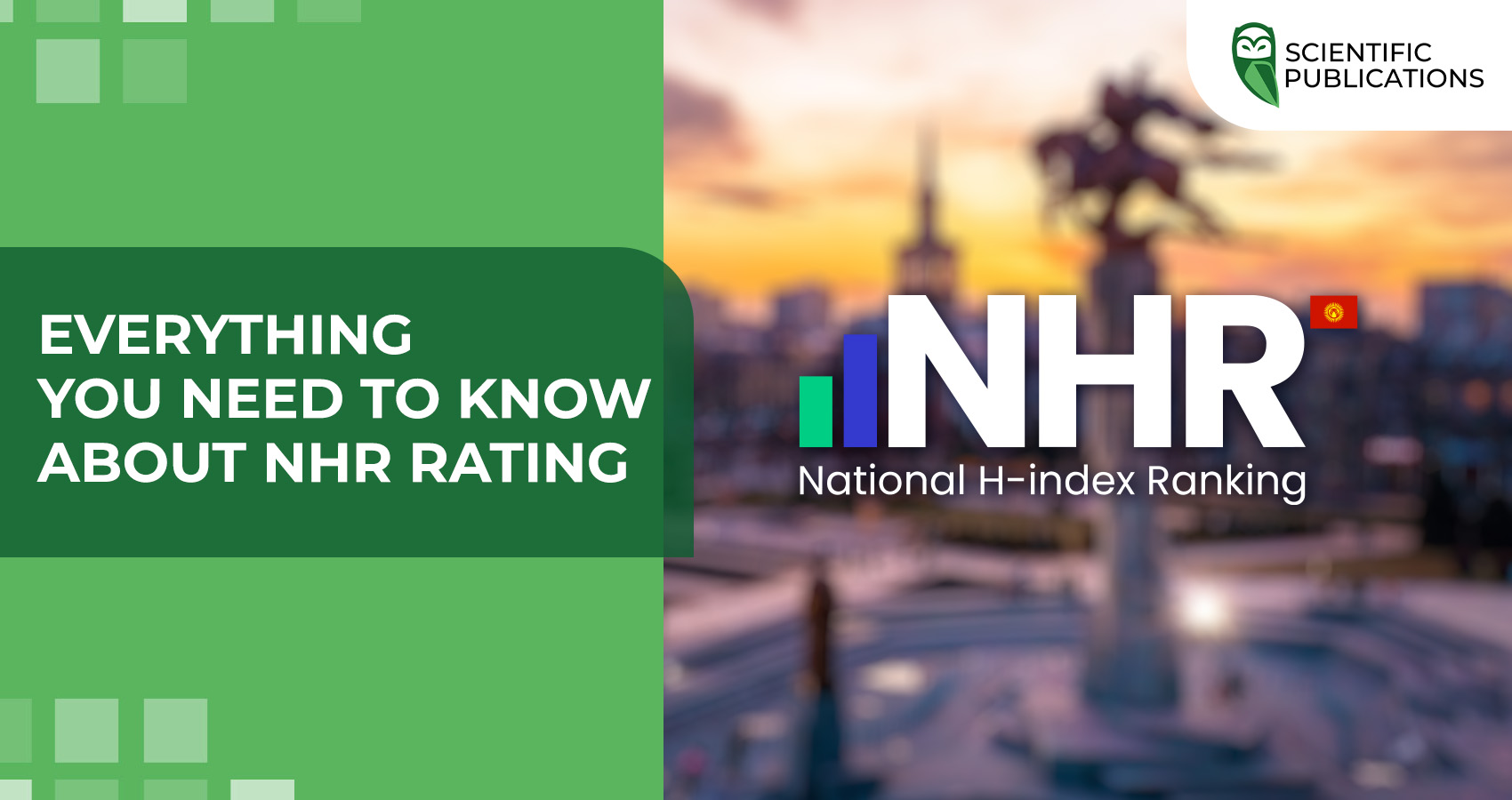“Scientific Publications” has prepared an up-to-date list of journals excluded from the Scopus database. In this article you can read the list of publications excluded from the system in February 2025.
Order a publication
Contact the manager
Submit application
X

We have a gift for you!
Free citation of your research or a discount on publication services — the choice is yours!

Denys Hlushko
Director of the company
"Scientific Publications Kyrgyzstan"







